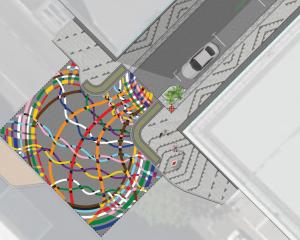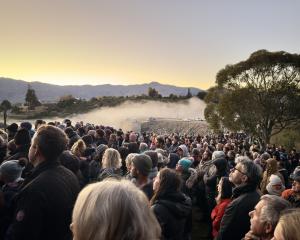
Between 40 and 45 deaths apparently related to synthetic cannabis occurred in the last 12 months, according to the coroner's provisional figures.
There were only two deaths in the five years before.
Newly appointed pharmacology and toxicology head Michelle Glass is part of a team working with the Institute for Environmental and Scientific Research which is developing a platform for a national drug monitoring and surveillance system.
She is in the process of forming relationships with emergency doctors and pathologists to better understand synthetic cannabis.
''You're solely treating the symptoms you can see, because we don't understand the mechanism by which they are producing their adverse effects.
''We need to know that, and then it will make treatment much more effective,'' she said.
There were hundreds, if not thousands, of different synthetic cannabis compounds, and most of them had ''not been designed to go into people''.
Not enough research had been done to determine which synthetic cannabis users were particularly at risk of death, but underlying issues like cardiovascular illness, liver and kidney illness were potential factors, Prof Glass said.
New Zealand's climbing rate was possibly due to batches of synthetic cannabis using particularly toxic compounds arriving in the country.
Research has linked the use of some types of synthetic cannabis to heart attacks, strokes, kidney problems and psychotic episodes.
Not only the mechanism of the drug but the dosage people were taking was unknown - and it was vital to understand the drugs because they were ''not going away any time soon''.
There were reports of a climb in deaths in Japan about two years ago, and, generally speaking, there seemed to be more overseas reports of deaths due to synthetic cannabis, Prof Glass said.
''It's been undetected up until quite recently, partly, I think, because the compound keeps changing,'' she said.
Advertisement













